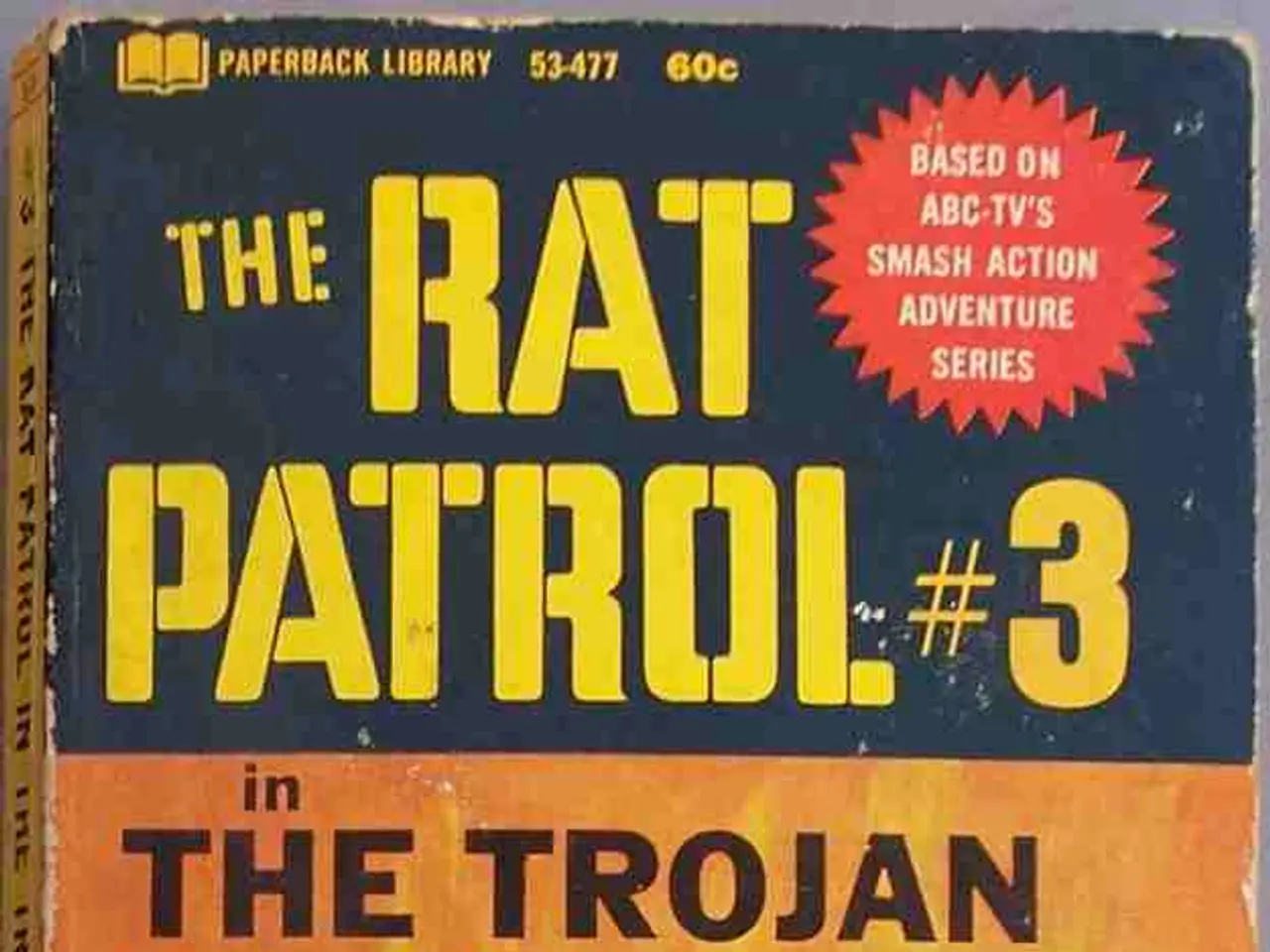Eastern Front Challenges Spotted by Gen. Bodemann in NATO.
German Army General Faces Logistical Challenges in Deploying Troops to NATO's Eastern Flank
German Army General André Bodemann is grappling with significant logistical challenges as he plans the deployment of thousands of troops to Lithuania to strengthen NATO's eastern flank by the end of 2027.
These challenges primarily stem from the complexities of swiftly relocating forces across long distances and intricate routes. Infrastructural limitations, bureaucratic hurdles, and the overall complexity of coordinating multinational movements within NATO's area of operations are key factors contributing to these difficulties[1].
To address these issues, General Bodemann and the Bundeswehr are focusing on improving the efficiency and speed of troop and equipment movement. This involves streamlining transportation processes, enhancing coordination mechanisms within NATO, and potentially leveraging new logistical frameworks or agreements to facilitate quicker deployment. The specific measures include working on overcoming political and administrative obstacles that slow down deployments, as well as optimizing the use of available transport infrastructure[1].
General Bodemann is also the architect of the logistics mega-project "Drehscheibe Deutschland," which aims to standardize and digitize the customs and logistics processes to reduce the reliance on paperwork. This initiative is expected to streamline the movement of troops and equipment, thereby reducing delays and inefficiencies[1].
Amid heightened tensions in Eastern Europe, rapid and reliable reinforcement of NATO forces is crucial for deterrence and defense. The logistical challenge remains a key concern, with delays and inefficiencies in the rapid movement of troops and equipment, infrastructure and bureaucratic barriers complicating cross-border deployments, and the coordination of multinational logistics within NATO being the major specific challenges[1].
General Bodemann is addressing these challenges by optimizing deployment protocols, improving inter-NATO cooperation, and focusing on logistical streamlining to enhance response times[1]. Convoys transporting troops for the deployment must be flagged differently in different countries, such as Germany, the Netherlands, and Poland, due to different customs regulations between the EU and NATO, which can cause delays in the movement of troops[2].
Despite these challenges, General Bodemann has expressed his commitment to ensuring the successful deployment of troops to Lithuania, stating that he will not be driven to madness by bureaucratic hurdles[3].
References: [1] The Local, "German General Warns of 'Madness' Over Logistical Challenges in NATO Deployment," 2021. [2] Deutsche Welle, "NATO Troop Deployment to Lithuania Faces Logistical Challenges," 2021. [3] Reuters, "German General Bodemann Expresses Frustration with Bureaucratic Hurdles," 2021.
The European Union's customs regulations between its member states and NATO countries can create delays for convoys transporting troops during deployment, presenting an additional challenge in the logistics operation. In the broader context of general news and politics, the efficient resolution of these logistical challenges is crucial for maintaining peace and stability during war-and-conflicts scenarios on NATO's eastern flank.








